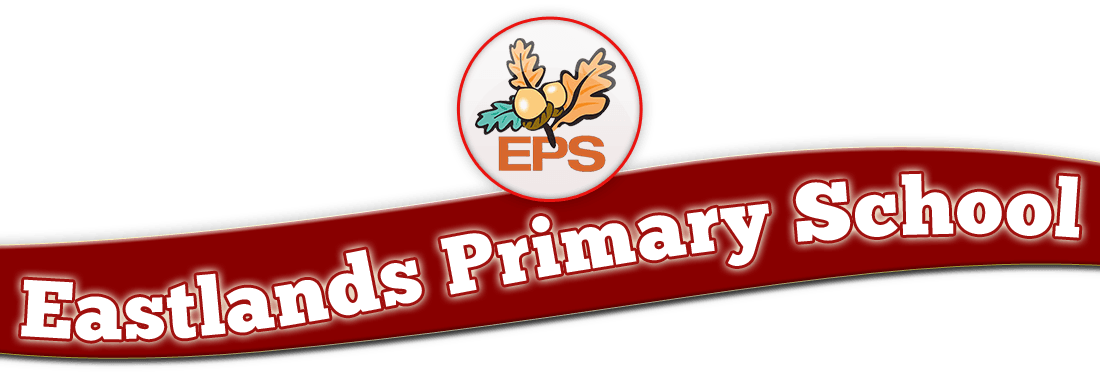Music
|
Intent |
||
|
Implementation The music curriculum ensures children sing, listen, play, perform and evaluate. This is embedded in the classroom activities as well as the weekly singing assemblies, various concerts and performances and the learning of instruments. Through the musical program Charanga, teachers are able to produce inclusive lessons for all children to access the musical curriculum in a fun and engaging way, further promoting a love of learning. Teachers deliver music following the Charanga programme, designed specifically for the teaching of music in primary schools. A steady progression plan has been built into Charanga, both within each year and from one year to the next, ensuring consistent musical development. By using Charanga as the basis of a scheme of work, we can ensure that they are fulfilling the aims for musical learning stated in the National Curriculum. Charanga includes many examples of music styles and genres from different times and places. These are explored through the language of music via active listening, performing and composing activities, which enable understanding of the context and genre. Charanga provides a classroom-based, participatory and inclusive approach to music learning. Throughout the scheme, children are actively involved in using and developing their singing voices, using body percussion and whole-body actions, and learning to handle and play classroom instruments effectively to create and express their own and others’ music. Through a range of whole class, group and individual activities, children have opportunities to explore sounds, listen actively, compose and perform a skill, and are given chance for collaboration through composition. During music lessons children will be given opportunities to learn music specific vocabulary in a meaningful context. Knowledge organisers are used to support this. During the lesson children will be given opportunities to apply skills and be given chance for collaboration through composition. The elements of music are taught so that children are able to use some of the language of music to dissect it, and understand how it is made, played, appreciated and analysed. In the classroom children learn how to play the glockenspiel and a variety of percussion instruments. Playing various instruments enables children to use a range of methods to create notes, as well as how to read basic music notation. They also learn how to compose, focusing on different dimensions of music, which in turn feeds their understanding when listening, playing, or analysing music. Composing or performing using body percussion and vocal sounds is also part of the curriculum, which develops the understanding of musical elements without the added complexity of an instrument. Wherever possible links are made to other subjects. |
Recorders |
|
|
Impact All pupils will benefit from a high-quality music education which engages and inspires them to develop a love of music and their talent as musicians. It will increase their self-confidence, creativity and sense of achievement. As pupils progress, they will develop a growing musical vocabulary that allows them to critically engage with music. Teaching and learning of music is a reflective process for the children as they are given the opportunities to assess themselves and their peers. The children also celebrate their success and skills with their peers and wider audiences. We assess through teacher assessment throughout the lessons and a summative assessment is captured at the end of each term for each child. This allows us to identify children who need support or challenge and meet their needs accordingly. At Eastlands Primary School children are provided with opportunities beyond the National Curriculum to further and support their understanding. These include having visitors with a musical talent, concerts and school productions. External interests and talents are also encouraged and showcased in assemblies, ensuring that everyone is challenged regardless of previous musical experience. Children have an understanding of how to further develop their skills, should they ever develop an interest in their lives. |
|
|
Music Websites Coming Soon...
































